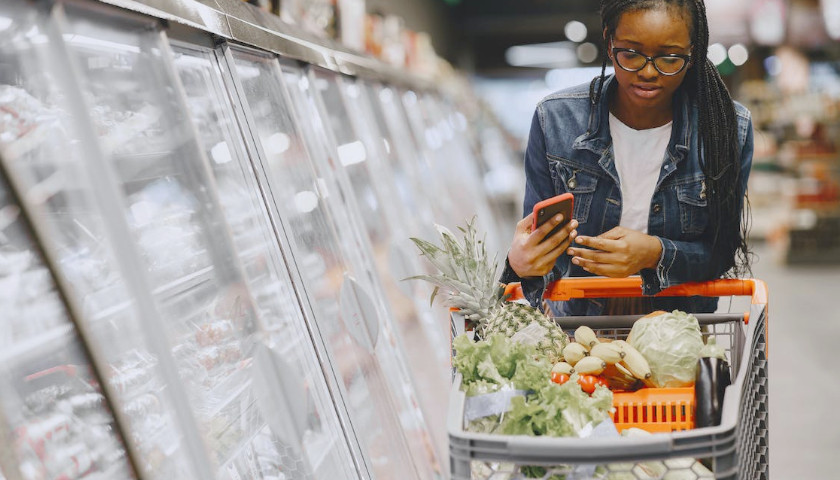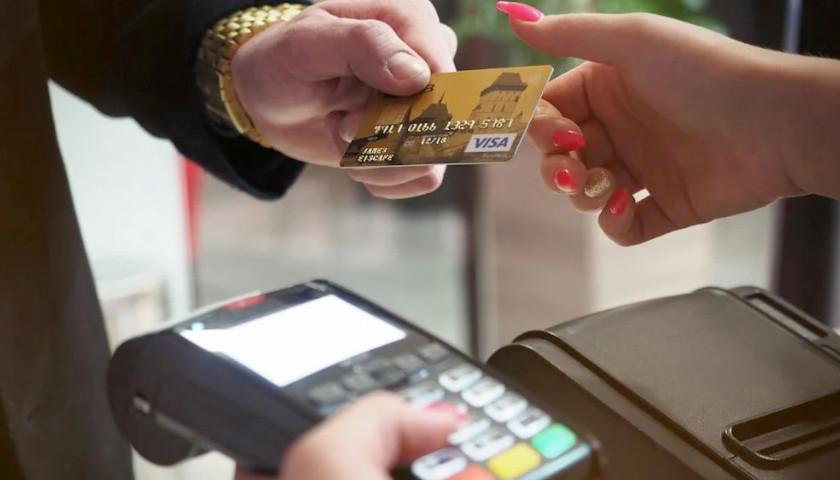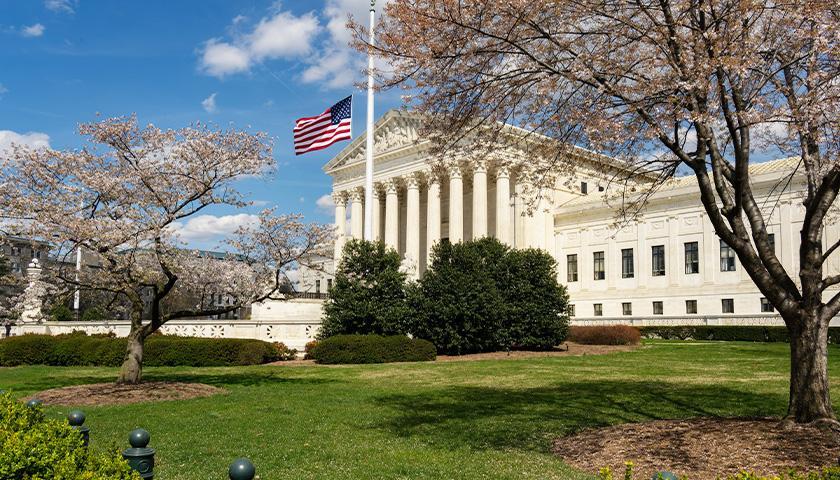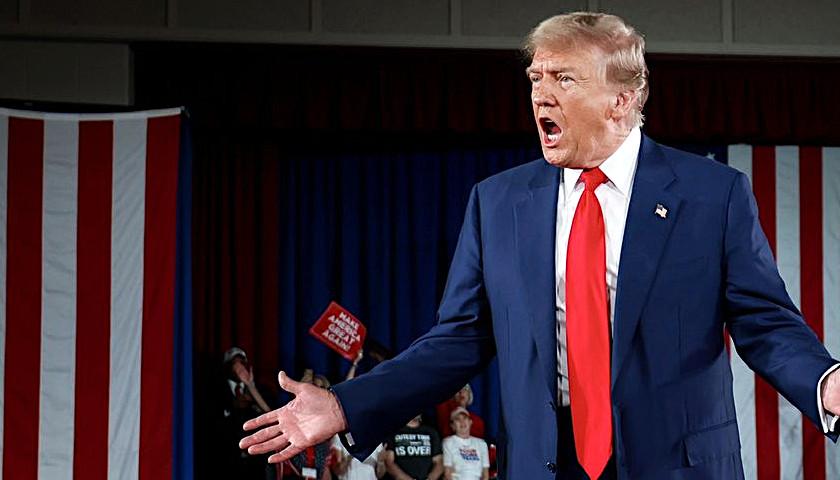by Madison Hirneisen
Virginia will reduce its grocery sales tax rate starting Jan. 1, resulting in a 1% tax on groceries and certain essential personal hygiene products.
Virginia will eliminate the 1.5% state retail sales and use tax on food and certain hygiene products, leaving a 1% local option sales tax.
Most staple grocery options and cold prepared foods for home consumption qualify for the reduced tax rate, as well as personal hygiene products like diapers, bed sheets and most feminine hygiene products, according to the Virginia Department of Taxation. Alcohol, tobacco, prepared hot food packaged for immediate consumption and seeds and plants to grow food at home do not qualify for the reduced tax rate.
Virginia is one of 13 states that imposes a sales tax on groceries, according to an analysis from the Center on Budget and Policy Priorities. Illinois, which imposes a 1% sales tax on groceries, has suspended the tax until July 1, 2023, while Kansas lawmakers passed a plan this year to eliminate the state’s sales tax on groceries by 2025.
Earlier this year, Virginia Gov. Glenn Youngkin touted a plan to completely repeal the grocery tax, but his recently proposed budget amendments and tax relief package do not include any mention of eliminating the remaining local 1% tax on groceries. When asked why a proposal to eliminate the grocery tax was not included in the budget amendments, Youngkin told reporters he is focusing on bringing down individual and corporate tax rates.
“In year one, Gov. Youngkin delivered $4 billion in tax relief for Virginia taxpayers, providing needed relief as inflation and rising costs continue stealing the paychecks of hardworking families,” Youngkin spokeswoman Macaulay Porter told the Center Square in a statement. “While Democrats blocked the local grocery tax proposal, the governor is incredibly pleased that the state grocery tax will be removed in January and he will focus on reducing tax rates for all Virginians in the upcoming session.”
Starting in February, state revenues will replace K-12 education funding that came from a portion of the 1.5% sales and use tax on groceries. One percent of the state’s 1.5% sales and use tax rate on groceries was dedicated toward education funding, while the remaining 0.5% was allocated to the Commonwealth Transportation Fund.
A fiscal analysis from the Department of Taxation estimates the elimination of the state retail sales and use tax on food and hygiene products will result in revenue losses of up to $415.1 million in future fiscal years.
– – –
Madison Hirneisen is a staff reporter covering Virginia and West Virginia for The Center Square. Madison previously covered California for The Center Square out of Los Angeles, but recently relocated to the DC area. Her reporting has appeared in several community newspapers and The Washington Times.





